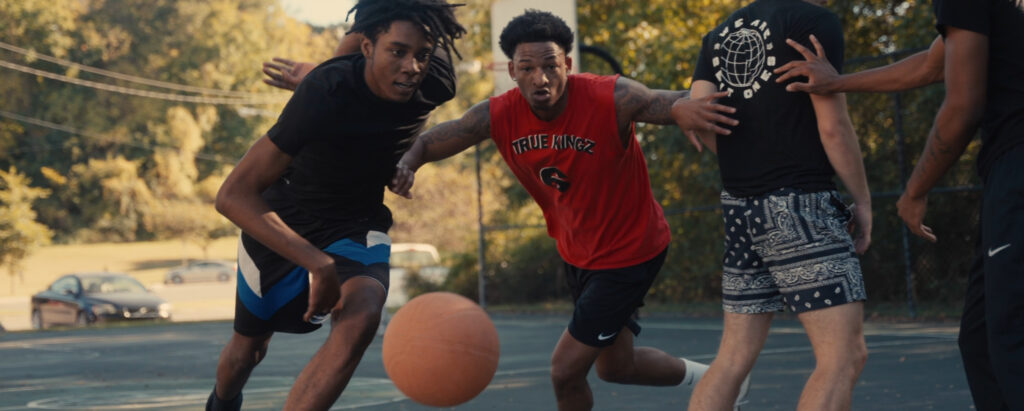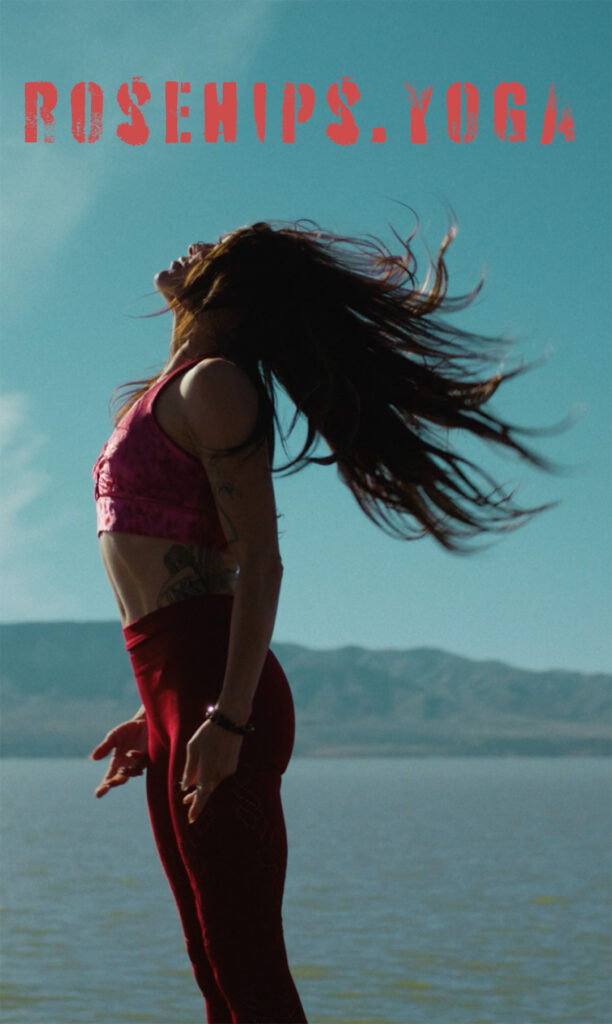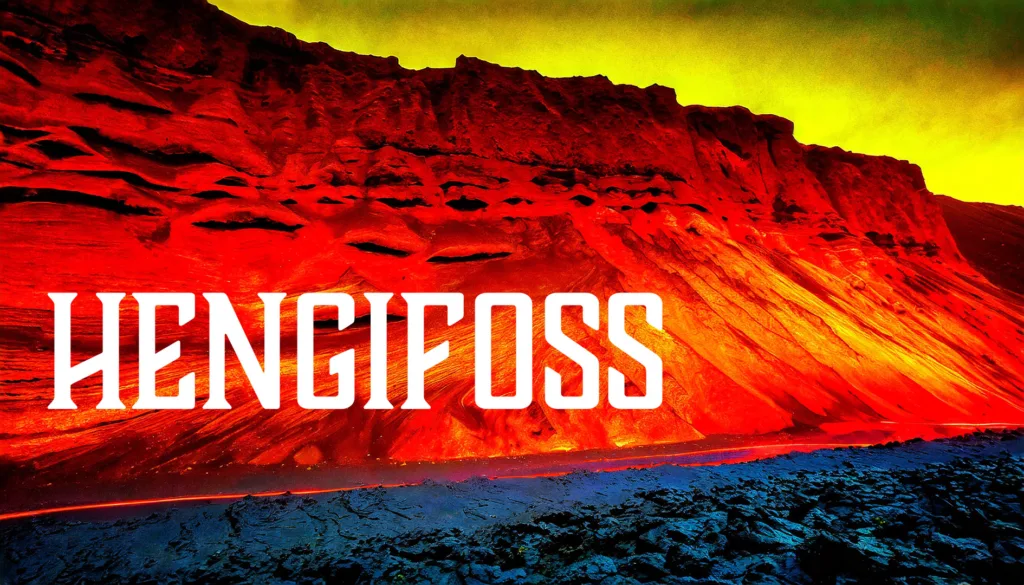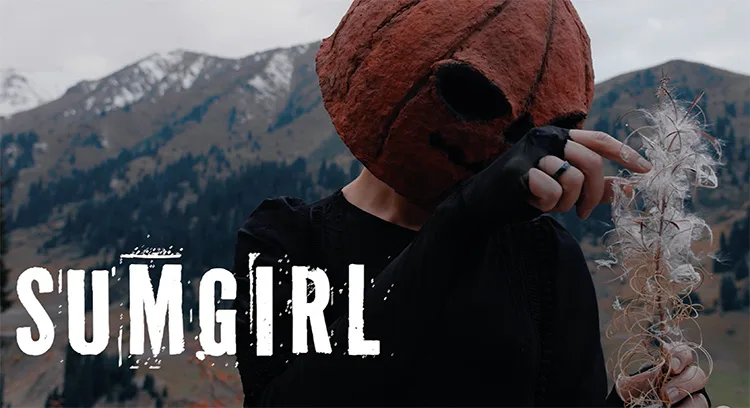Are We Too Free to Feel? Understanding Bruised Souls in a Modern World
In recent years, the term “bruised souls” has become a common way to describe individuals grappling with emotional pain, loss of purpose, or an undefined sense of sadness. As mental health awareness grows, we’ve learned to empathize with those experiencing such struggles, recognizing the value in addressing internal wounds. But this understanding also raises a provocative question: Are these emotional struggles unique to our modern lives, or are they part of a more universal human experience?

Looking back to our ancestors, it’s difficult to imagine that people in the early days of human history had much time or energy for introspection. For much of our evolution, survival needs like food, shelter, and safety occupied daily life. With survival a constant concern, people’s energies were channeled into practical tasks rather than personal worries. While it’s unlikely that early humans were immune to emotional hardship, their daily routines provided a sense of purpose, community, and action that modern life doesn’t always offer. Today, with survival largely assured for many, we have more time and space to think deeply about ourselves, which may be a double-edged sword.
The Evolution of Emotional Awareness
Our ancestors were, in many ways, grounded by the demands of survival. Life had a rhythm that revolved around hunting, gathering, and building communal support systems. In this context, personal troubles may have taken a backseat to the need for cooperation and action. Today, while basic needs are met more easily for a large portion of the population, the demands of life have shifted from survival to self-actualization. As a result, many of us have time to turn inward, which can lead to both profound self-awareness and, at times, emotional discontent.

Modern society has made room for people to consider personal goals, aspirations, and inner fulfillment in ways that were once a luxury. However, it also exposes us to feelings of disconnection or emptiness when we struggle to find purpose. With time to reflect and less inherent purpose in day-to-day routines, many are left searching for meaning. The paradox of modern life, then, is that while we have access to comforts and freedoms unthinkable centuries ago, we’re also left with a void that survival once filled.
The Price of Modern Comforts: Bruised Souls
Our current era offers unprecedented convenience and ease, but it also brings the opportunity—and sometimes the burden—of reflection. In a world where survival is less of an immediate concern, the freedom to focus on inner struggles has made mental health an increasingly important issue. As comforting as it can be to know we’re safe, warm, and fed, these guarantees can leave some people with a sense of purposelessness. In hunter-gatherer societies, individuals were bonded by their collective effort to survive, and this shared purpose provided a natural focus for daily life. In today’s world, this focus has been replaced by the quest for individual meaning and satisfaction, which can be elusive and harder to achieve.
Many people today have more “space” to feel their emotional struggles, and this openness to introspection has both positive and negative consequences. On one hand, it has brought attention to the importance of mental health and the value of addressing emotional wounds. On the other, it can lead to overthinking and an obsession with self-analysis, which can actually worsen feelings of disconnection or emptiness. With too much time to dwell on ourselves, we may find it harder to shake off or overcome our struggles, creating a cycle of worry that can turn even small issues into larger emotional weights.

Bruised Souls: Seeking Balance in the Modern Age
The empathy we feel for those with “bruised souls” is a step toward a compassionate society, but it’s worth asking if some of our modern woes are byproducts of a life too free to focus on itself. With fewer survival-based challenges, we can sometimes feel adrift, lacking the purpose that our ancestors found in their daily struggles. Yet, rather than viewing this shift as a fault, it may help to see it as an opportunity to find new forms of fulfillment.
Modern life offers freedoms that allow us to explore our creativity, build relationships, and contribute to communities in ways our ancestors couldn’t. The key is to balance this introspection with outward engagement—reclaiming a sense of purpose not by focusing solely on ourselves but by looking for ways to connect, help, and engage with the world around us.
Reconnecting with Meaning and Action
In the end, perhaps the healthiest way to manage this modern introspection is to reconnect with purposeful, hands-on work. This doesn’t mean returning to a life of hunting and gathering, but it might mean creating tangible goals that help us feel grounded. Whether that’s through learning a craft, volunteering, working on a community project, or even gardening, reconnecting with physical tasks that create a sense of accomplishment can help relieve the endless cycle of self-reflection.
We can also seek out community and real-world connections that ground us and provide a buffer against isolation. Our ancestors relied on close-knit communities for survival, and we, too, may need meaningful social bonds for our emotional health. Finding ways to contribute to something larger than ourselves, whether by helping others, working toward shared goals, or simply building a support network, can bring fulfillment that self-focused introspection often cannot.
Embracing Both Sides: The Value of Balance
In the end, our modern ability to consider our bruised souls doesn’t have to be viewed as a curse or a weakness. Instead, it’s a natural response to a lifestyle shift that has removed survival struggles while opening doors to self-awareness. The challenge lies in finding balance: recognizing when to address our emotions and when to step out of ourselves and engage with the physical world. Empathy for those with bruised souls is essential, but helping ourselves and others find grounding in action, purpose, and connection may be the key to healing.
In a world that gives us freedom to feel deeply, perhaps we can use that freedom to bridge the gap between our inner lives and the external world—finding both empathy and purpose in a balanced approach to modern living.
Want to do something purposeful? Buy and develop Bruised Souls: BruisedSouls.com













